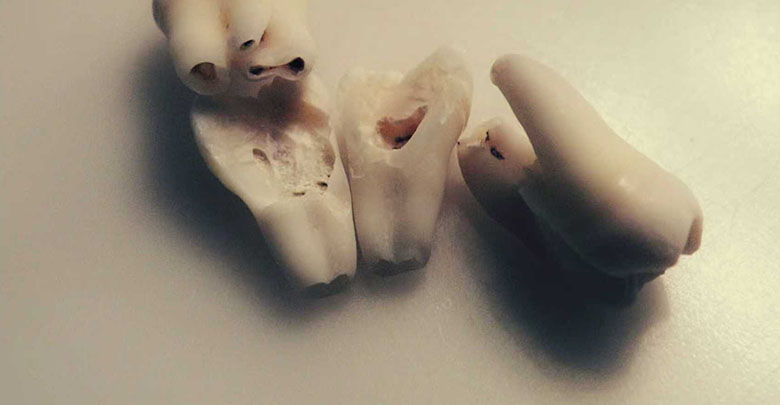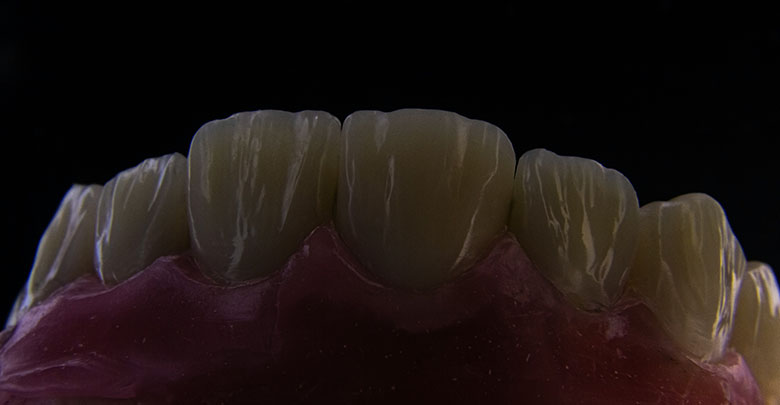
Bad breath, though not common in daily life, has been classified as a medical condition by the WHO. Whether upon waking in the morning, after eating, or during conversations, this unpleasant oral odor inevitably arises, affecting others.
Experts even point out that spending over half an hour staring down at your phone without speaking or moving your mouth reduces saliva secretion, leading to increased bacteria in the mouth and heightening the risk of bad breath.
The causes of persistent bad breath are complex, involving multiple systems including the oral cavity, digestive tract, and respiratory system. So how can we effectively eliminate this issue? Let’s explore together in this article:
Table of Contents
Digestive System and Intestinal Digestive Issues
Helicobacter pylori infection is increasingly common in modern society. Infection can occur through kissing, sharing utensils, drinking from the same container, or even breathing the same air in enclosed spaces. The bacteria break down urea in the body, producing ammonia that causes gastric inflammation. Food fermentation then generates unpleasant odors expelled through the mouth.
Gastroesophageal Reflux Disease (GERD)
Overeating or consuming diverse foods after meals can cause stomach acid and food to reflux into the esophagus, damaging the mucosa and producing a sour, putrid breath odor, particularly worsening when lying down.
Gastrointestinal Dysfunction
Conditions like indigestion and constipation can disrupt the intestinal flora balance, leading to gas rising upward and causing bad breath. Bacteria break down urea to produce ammonia gas, simultaneously causing gastric inflammation. Fermented food produces unpleasant odors that are expelled through the mouth.
Gastrointestinal Dysfunction
Moving to a new location can cause digestive discomfort. Factors like indigestion, constipation, and an imbalance in the intestinal flora lead to gas produced by fermentation over several days rising into the oral cavity, causing bad breath.

Oral Diseases
Excessive Tongue Coating
Failure to clean the tongue regularly allows bacteria to proliferate at the tongue root—a dark, moist environment that serves as a breeding ground. These bacteria break down proteins, releasing foul-smelling substances like hydrogen sulfide. Even with clean teeth, an unclean tongue can still cause bad breath.
Dental Plaque and Tartar
Long-term neglect of cleaning between teeth allows food debris to accumulate. Bacteria break down this debris, producing sulfides that cause bad breath. Tartar further irritates gums, exacerbating inflammation and odor.
Cavities and Wisdom Tooth Pain
Decayed cavities and food debris trapped in wisdom tooth gaps easily harbor bacteria, producing putrid odors.
Common Oral Diseases: Periodontitis, gingivitis, and oral ulcers create inflammatory conditions that provide breeding grounds for bacteria, triggering bad breath.
Systemic Diseases
- In conditions like diabetes, whether in the elderly or young adults, poor systemic blood sugar control can lead to ketoacidosis, causing breath to emit a rotten apple odor.
- Poor lifestyle habits, such as excessive smoking and drinking, can result in abnormal liver and kidney function during old age: liver failure may produce a liver-like odor, while kidney insufficiency may cause urine-like odor.
Differences in Diet and Lifestyle Habits
Frequent consumption of pungent foods like onions, garlic, fennel, etc., or maintaining a protein-rich diet can lead to increased fermentation and the production of unpleasant odors. Meat particles easily get lodged between teeth. If not promptly removed by brushing and flossing, bacteria will multiply in the mouth, resulting in bad breath.

To Eliminate Bad Breath
To eliminate bad breath, it’s essential to address the four underlying causes and potential health factors mentioned above. Here are some scientifically proven methods:
Method 1: Keep Your Teeth Clean
Beyond daily tooth brushing, floss after meals and use mouthwash to disinfect and freshen breath. Drink plenty of water daily to keep your mouth moist, stimulate saliva production, and flush away bacteria lingering in your mouth—preventing unpleasant odors.
Method 2: Visit The Dentist Regularly
Schedule regular dental check-ups and professional cleanings to prevent oral inflammation like cavities and gingivitis. Try chewing various-flavored gum to stimulate saliva flow. Use fluoride toothpaste to inhibit bacterial growth.
Method 3: Clean Your Tongue
Beyond daily teeth cleaning, remember to scrape your tongue. Preventing tongue coating buildup avoids odor and preserves taste sensitivity.
Method 4: Eat More Fruits And Vegetables
Eat plenty of fruits and vegetables, rich in fiber and natural fruit aromas, to help freshen breath. When consumed, they aid digestion as natural digestive enzymes, promoting the elimination of waste from the body. This keeps the system clear and ensures impeccable breath.
Recommended fruits for regular consumption:
Apples: An apple a day keeps the doctor away. Rich in fiber, fruit acids, and pectin, apples clean teeth and gums through chewing action in both humans and animals. Their polyphenols break down sulfides in the mouth, reducing bad breath. Additionally, apples stimulate intestinal motility and improve digestion, addressing bad breath at its root by preventing indigestion.
Pears: Pears help clear heat and reduce inflammation. For gum inflammation, snow pears are an excellent choice. Their high water content moisturizes the mouth and throat, while vitamins and antioxidants regulate metabolism to minimize oral odor.
Pomelo: Pomelo naturally contains aromatic pomelo oil. Its flesh is packed with fiber, offering a refreshingly sweet taste. The scent of pomelo masks bad breath, and it contains antioxidants similar to tea polyphenols. These promote digestive fluid secretion, enhance gastrointestinal function, and improve bad breath caused by digestive issues.

Kiwi Fruit: Packed with vitamin C, kiwis possess antibacterial and anti-inflammatory properties that reduce oral bacteria growth. Their sweet-tart flavor stimulates saliva production, keeping the mouth moist and improving breath.
Citrus Fruits: Like oranges and grapefruits, lemons are rich in vitamin C and acidic compounds that stimulate saliva production, cleanse the mouth, and inhibit bacterial growth. You can drink lemon juice mixed with warm water or chew lemon slices directly (be mindful to avoid damaging teeth with the acid).
Important Notes: While various fruits can help improve breath, they cannot replace proper oral hygiene habits. Fruits contain significant amounts of fructose, which can also promote fermentation and bacterial activity in the mouth. What we need to prioritize is maintaining consistent brushing in the morning and evening, rinsing after meals, and scheduling regular dental check-ups to monitor oral health.
Method 5: Quitting Smoking
Smoking causes bad breath as its most direct consequence. Tobacco residue and other harmful substances linger in the mouth for extended periods. Smokers repeatedly inhale smoke over time, leaving their breath unbearably foul—worse than garlic.
Method 6: Maintain a Regular Schedule and Ensure Adequate Sleep
Good sleep leads to a healthy body. Engage in regular exercise and outdoor activities to cultivate a positive mindset and physical well-being. This promotes optimal activity and symbiosis within your gut microbiome, preventing bad breath. Quality sleep also helps heal various bodily inflammations.
If you are concerned about unclear causes of bad breath and feel uncertain, especially if the issue persists despite improving your daily oral hygiene, consult your dentist or healthcare provider to identify and treat the underlying cause.
